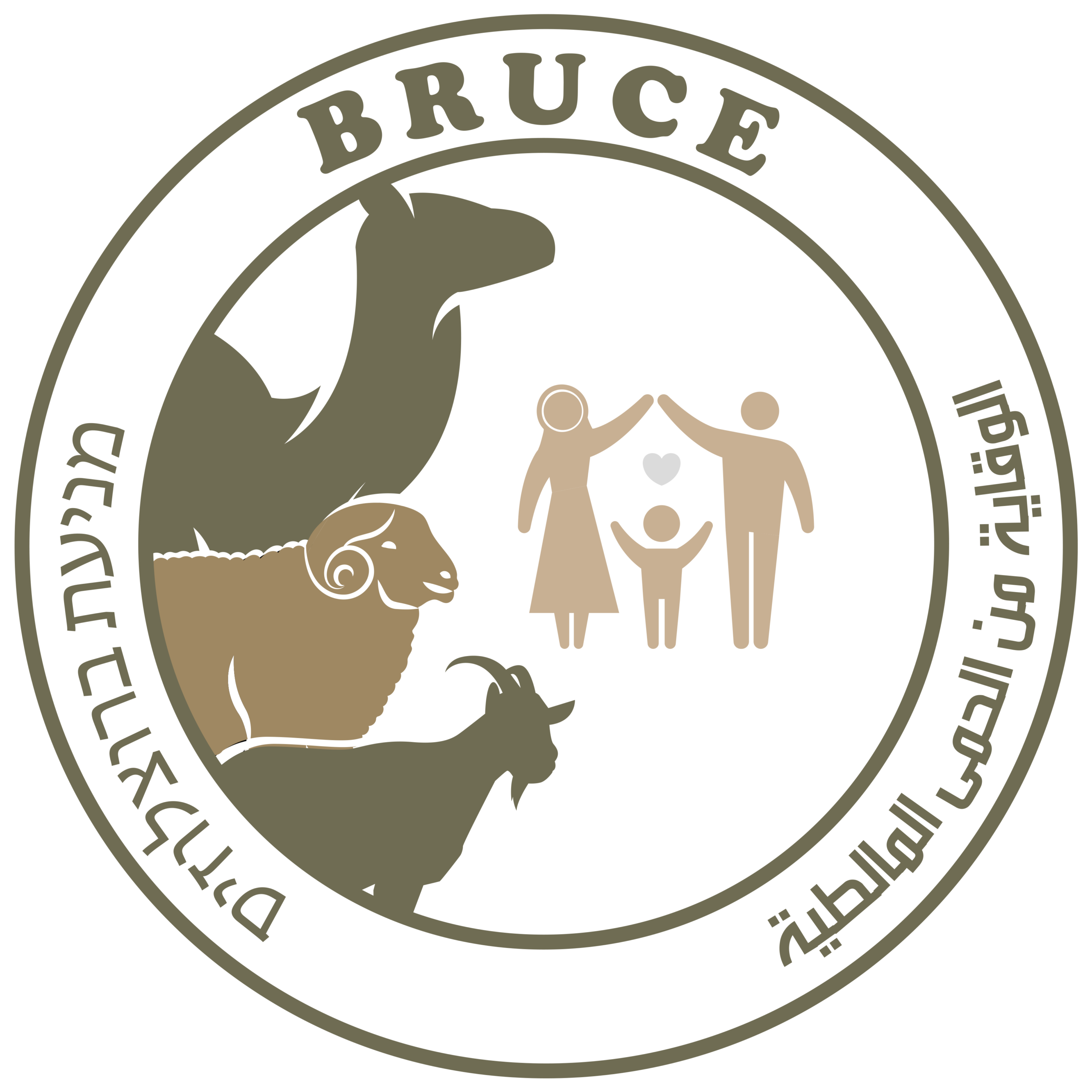Meet our team
The BRUCE project is a collaboration between the University of Washington, Ben Gurion University, the Arab Medical Association in the Negev, Washington State University, and George Mason University. You can read more about each team member below (click on the arrow next to each person’s name to see more).
Study Staff
Marwa Abu Suis
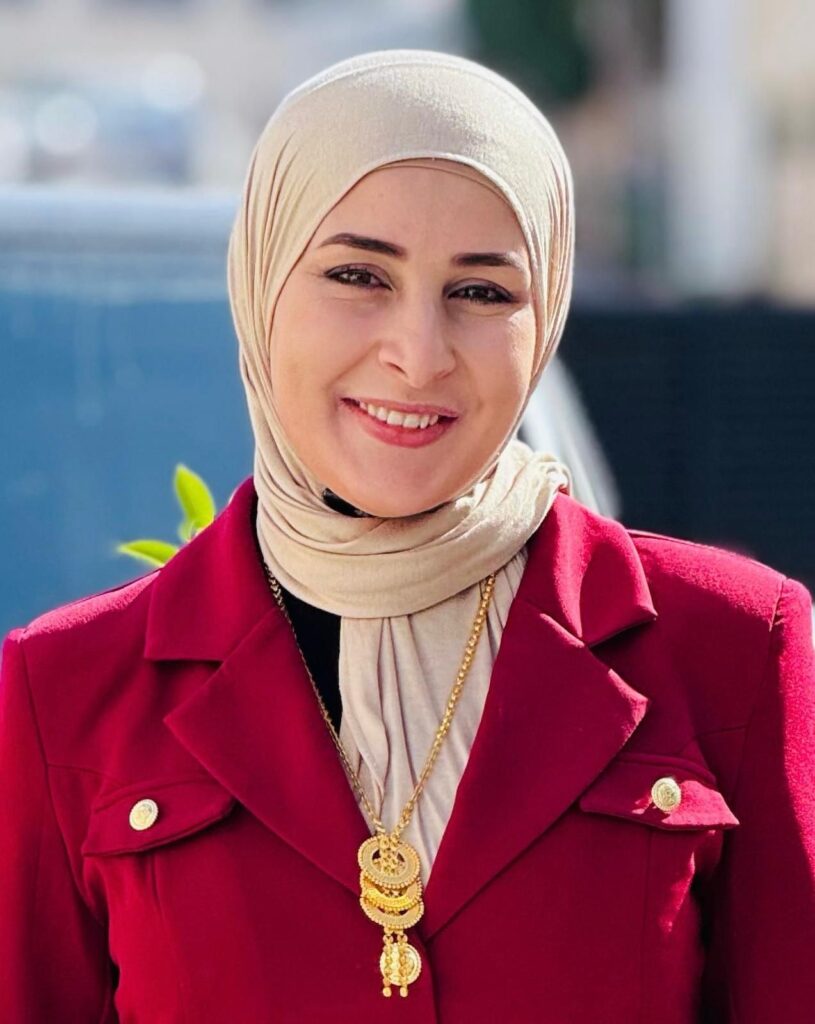
My name is Marwa Abu Suis. I’m 34 years old, from Rahat, and a mother of five adorable children. I’m a trained speech therapist with 12 years of experience working with different communities. This year, I decided to take a new path and joined the BRUCE project as a research coordinator. I’m proud to be part of this important project, which aims to bring positive change to Bedouin society in the Negev (Al-Naqab).
Osama Abuganem
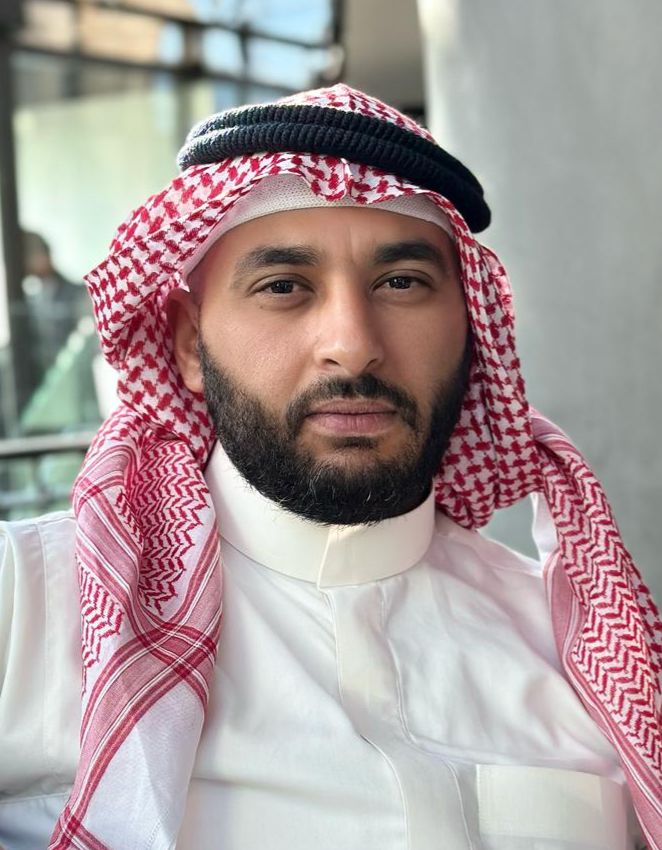
Osama Abu Ghanem was born in the depopulated village of Al-Buhaira in 1989. He later moved to the city of Rahat during the 1990s. He received his primary education in Rahat and continued his secondary and high school studies at Mevo’ot HaNegev School. After completing high school, he volunteered in unrecognized villages, working with youth and minors as part of community service efforts.
Osama began his academic journey at Ben-Gurion University of the Negev, where he studied social work. He continued on the research track to pursue his second degree, focusing his thesis on “The Difficulties and Challenges Faced by Bedouin Arab Students During Their First Year of Higher Education.” During his studies, he also served as an advisor for Arab students in the Dean of Students Office at Ben-Gurion University.
Later, he and his wife moved to the United States, specifically to the state of Oregon, where she received a Fulbright scholarship to pursue a second degree in English literature. After completing their studies, they returned to their hometown of Rahat.
Osama began working in the Department of Social Services, focusing on supporting youth in distress — a mission he continues to this day.
He was raised in a family of livestock herders and still raises sheep and purebred Arabian horses (Al-‘Ateeq), which deepened his passion and love for this field.
Wajdi Bkeirat
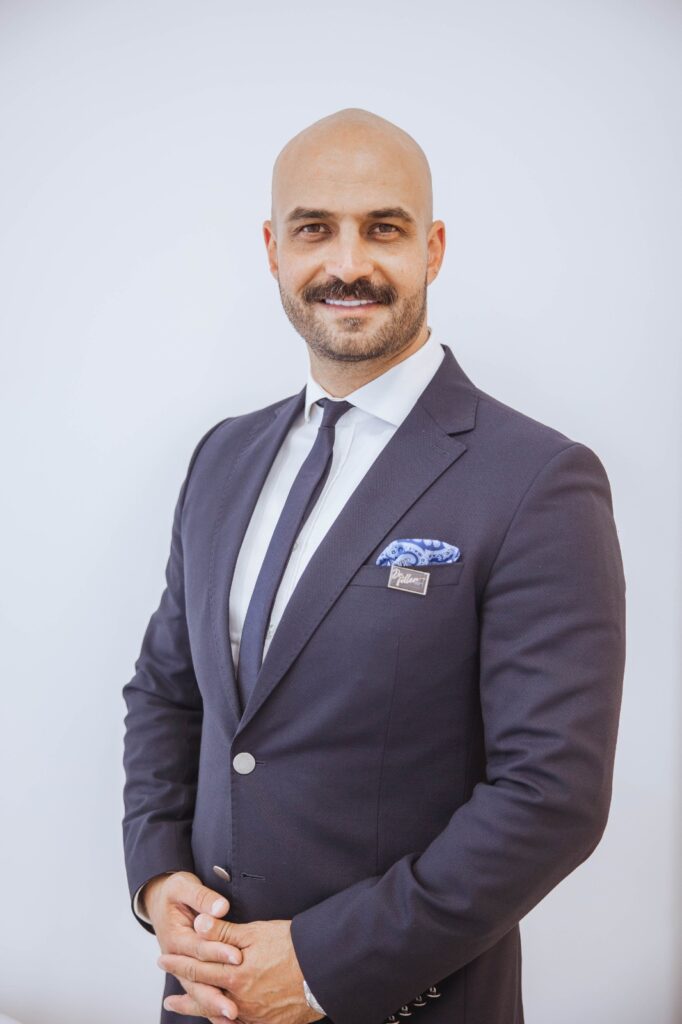
Wajdi Bkeirat is a Health Professional currently working as the Director of Health management and research with Project Rozana, with a main responsibility in monitoring and evaluating Project Rozana’s projects and help in projects management on both the strategic and technical levels. Wajdi is a health consultant worked with several NGOs to build their capacities in managing projects in the middle east and especially in Palestine and Israel, helping health professionals and decision makers to fulfill the needs of their communities. Specializing in various health aspects including mental health and psychosocial support, health management, infectious diseases and health promotion and seeking to use his professional experience in benefiting others.
By focusing on; improving the mental health of the Palestinian children living in Jerusalem, improving the Palestinian health sector through managing projects to build capacities of health professionals, improving the Palestinian and Israeli health NGOs management performance to meet the funders requirements and being a part of joint Palestinian – Israeli health consortium to manage their work and help them in the implementation of their projects, Wajdi has been able to put the health certifications and management skills to good use. Over the years Wajdi has managed several health projects with international NGOs like Search for Common Ground, worked with Palestinian and Israeli ministries of health, hospitals, health professionals and built capacities of local NGOs, achieved many successes in the health field in Israel Jordan and Palestine with several research papers, health trainings and common action plans to improve health and wellbeing.
Dr. Mazen Abu-Siam
[coming soon]
Dr. Rashad Alktnany
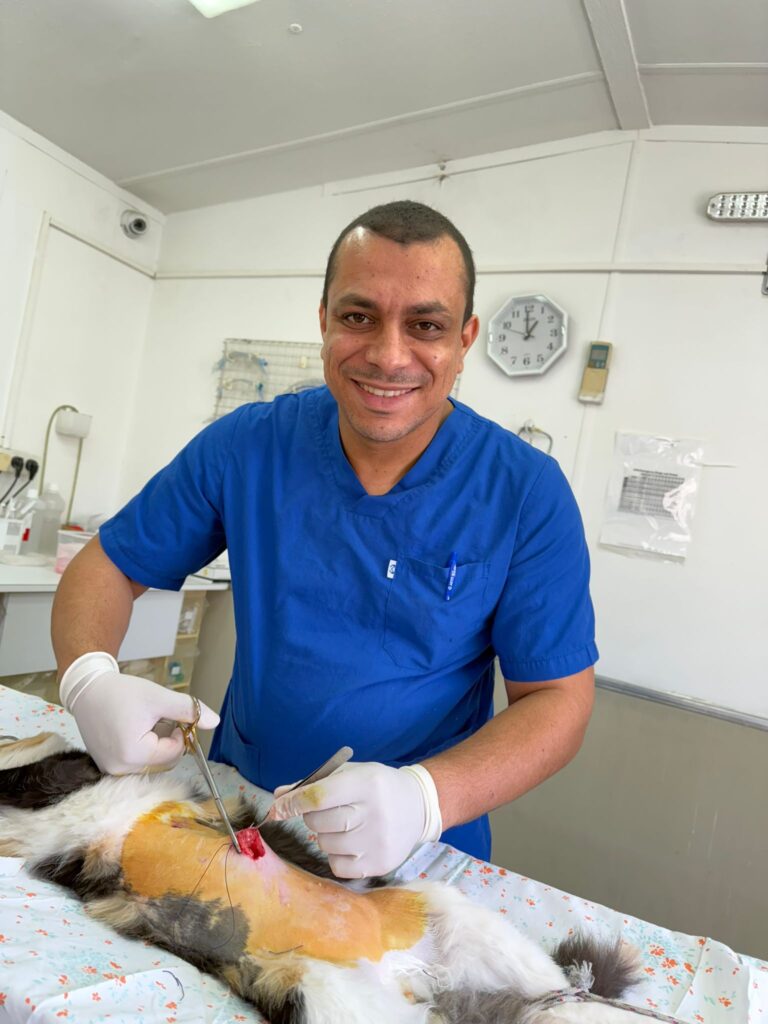
Dr. Rashad Al-Katnani is a veterinarian specializing in the treatment of small animals.
After graduating (2016) from the State Agrarian University of Moldova, he began his career treating sheep, cattle, and horses, and later moved on to work in facilities responsible for exporting lamb, beef, and chicken meat to retail stores.
Dr. Al-Katnani has also worked with the Ministry of Agriculture from 2020 to 2023 before transitioning to working with small animals. Currently, he works at a clinic in Be’er Sheva, and runs his own clinic in Rahat.
Arab Medical Association in the Negev
Dr. Naim Abu-Freha
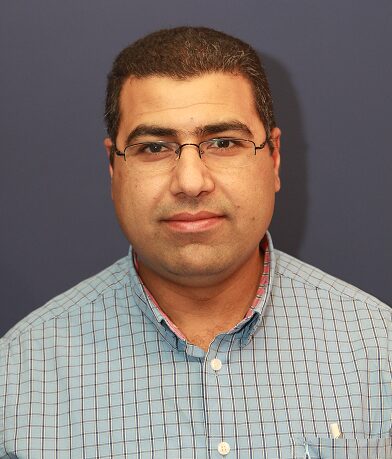
Dr. Abu-Freha is a senior physician at the Institute for Gastroenterology and Hepatology, Soroka University Medical Center. Dr. Abu Freha is also the chairpan of the Arab Medical Association in the Negev, and is a senior lecturer at the Faculty of Health Sciences at Ben Gurion University.
University of Washington
Dr. Julianne Meisner
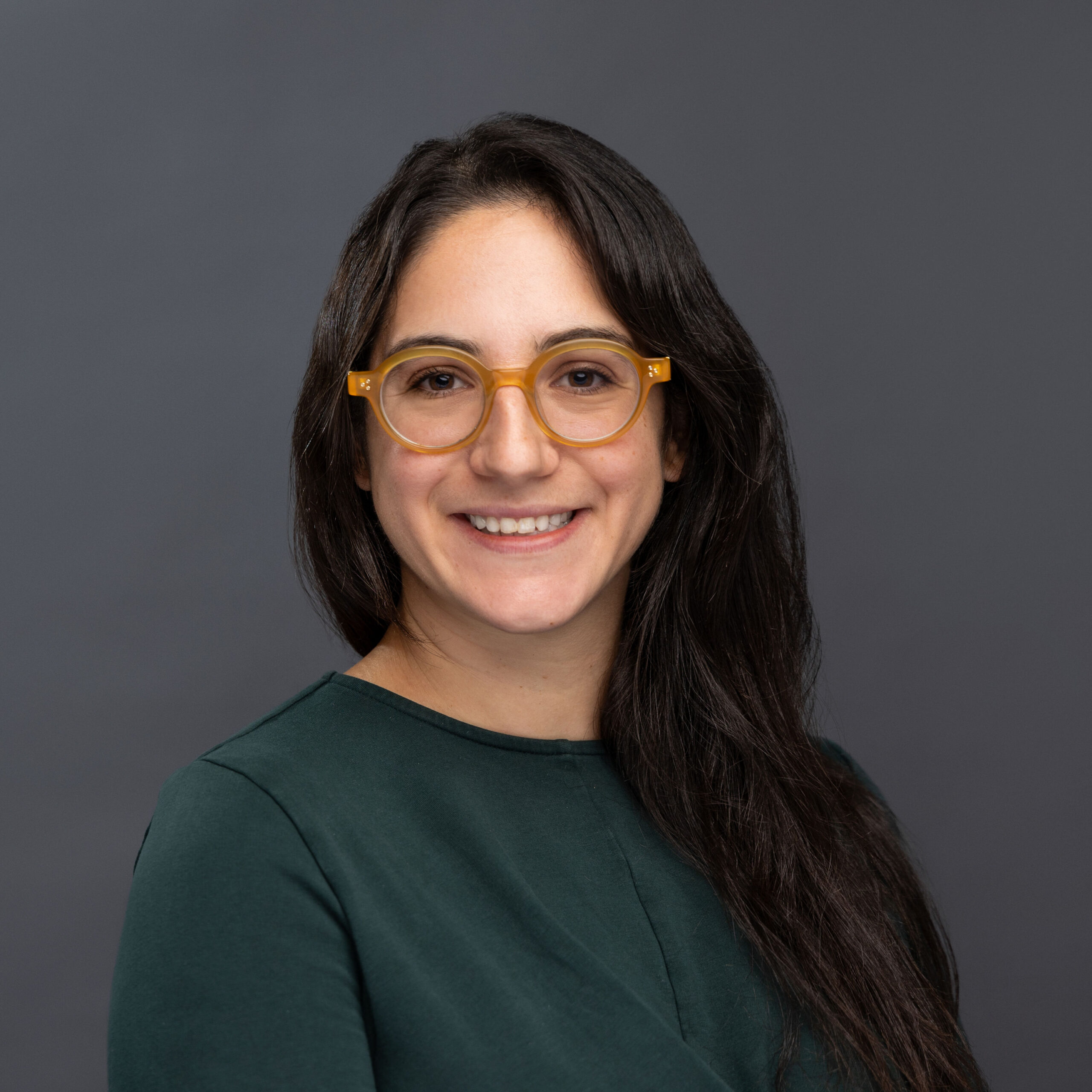
Julianne is a veterinarian and epidemiologist. She works as an Assistant Professor at the University of Washington, in the Department of Global Health and the Department of Epidemiology. Her work focuses on interactions between people and livestock in the world’s drylands. She is the US-based Principal Investigator for the BRUCE project.
Dr. Haneen Shibli
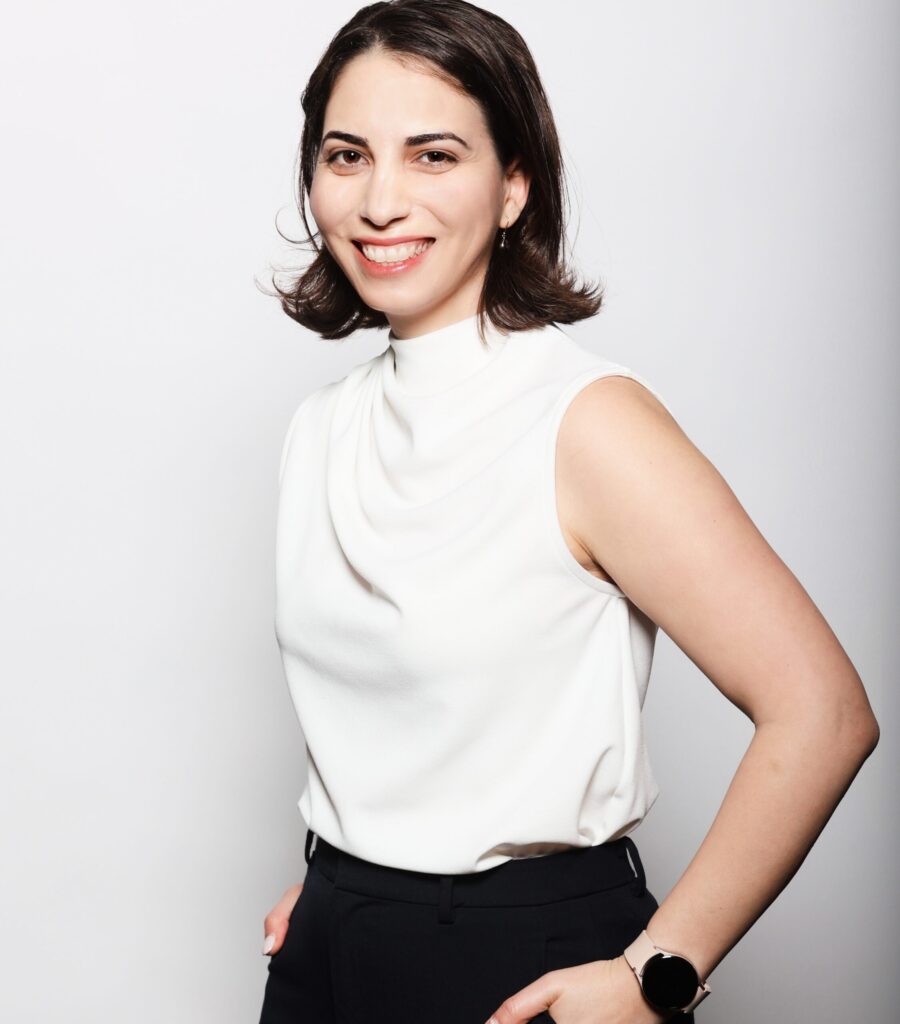
Dr. Haneen Shibli is a postdoctoral researcher in the Department of Global Health and the Department of Rehabilitation Medicine at the University of Washington. Her primary work in Global Health focuses on the BRUCE project. She holds a PhD in Health Sciences (Public Health) from Ben-Gurion University and was previously awarded a Fulbright Postdoctoral Scholarship. Her research focuses on health, healthcare accessibility, resilience, and health-related quality of life among marginalized populations, with a particular emphasis on the Arab Bedouin minority in Israel and displaced Muslim communities in the United States. She approaches health disparities through an intersectional and global health lens
Dr. Clare Brown
[about Clare]
Dr. Elena Rechkina
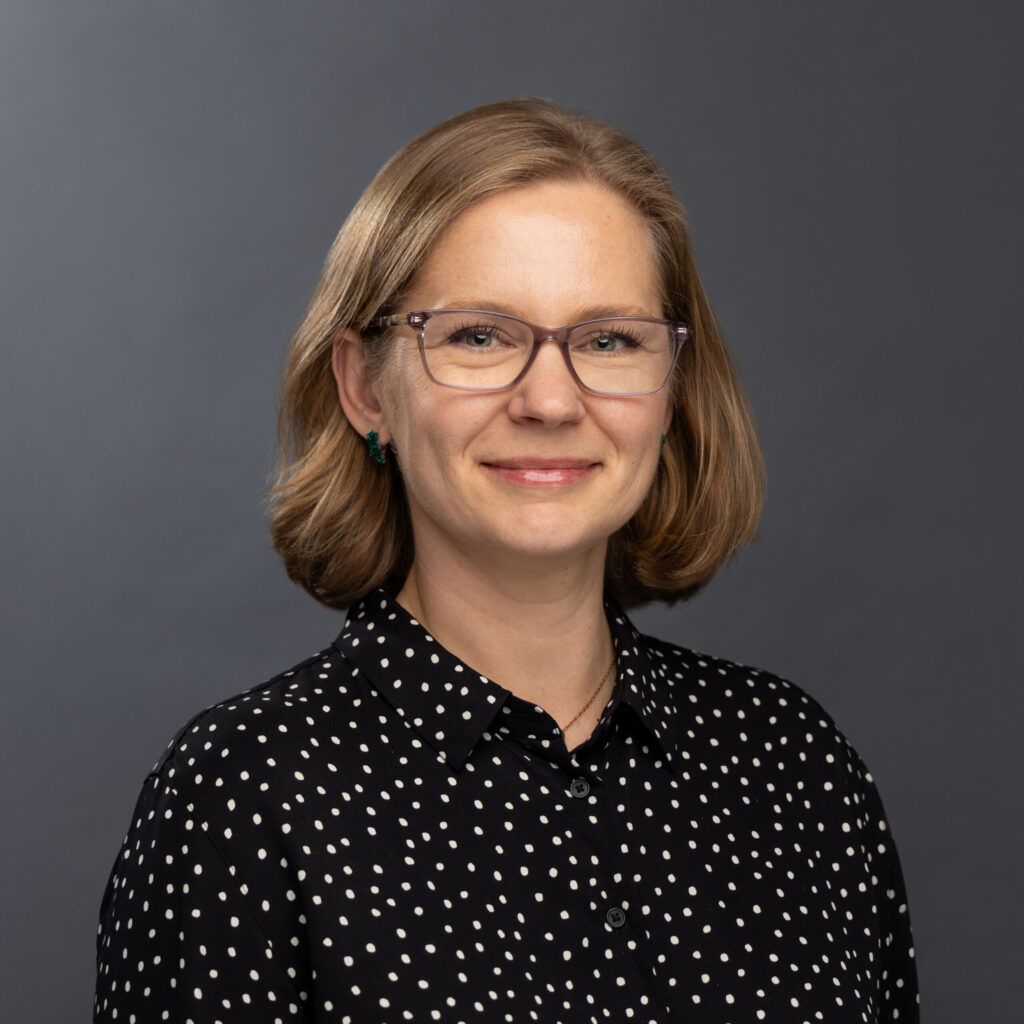
Dr. Elena A. Rechkina brings a unique blend of scientific expertise and strategic leadership to her role as Project Director.
With a PhD in Virology and Molecular Biology and an MBA focused on international research operations and systems thinking, she is passionate about translating complex scientific work into efficient, high-impact research programs.
Her background spans human and animal infectious diseases, bacterial genotyping, and metagenomic analysis of clinical and environmental samples—making her well-suited to oversee interdisciplinary studies like the BRUCE project.
Elena thrives in collaborative environments, with an ability for designing smooth-operating systems and unlocking the potential of her teams.
When not leading research operations, Elena can be found doing CrossFit with her husband, traveling with her two teenage kids, or enjoying time with her cat.
Torin Schaafsma
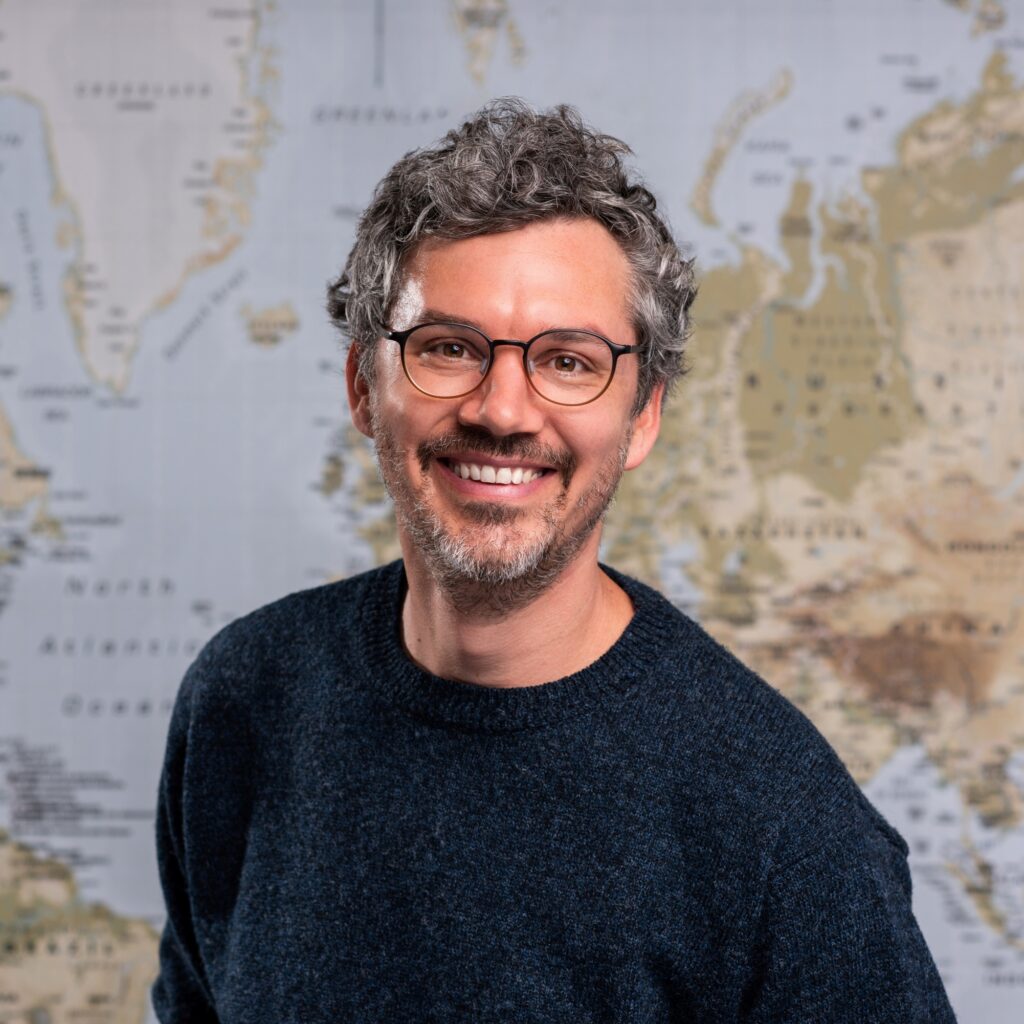
Torin is the technical lead for the data and analytics team at the International Clinical Research Center at the University of Washington. As a public health data scientist with an MS in epidemiology, he specializes in the design and management of databases for randomized trials and analysis of complex study data. He’s enthusiastic about reproducible research, data visualization, and building efficient workflows with R and the tidyverse ecosystem.
Prof. Peter Rabinowitz

Peter Rabinowitz is a physician and Professor of Environmental and Occupational Health Sciences and Director of the Center for One Health Research at the University of Washington, and co-director of the University of Washington’s Alliance for Pandemic Preparedness. He is an expert in diseases that affect both people and animals.
Prof. Tyler McCormick
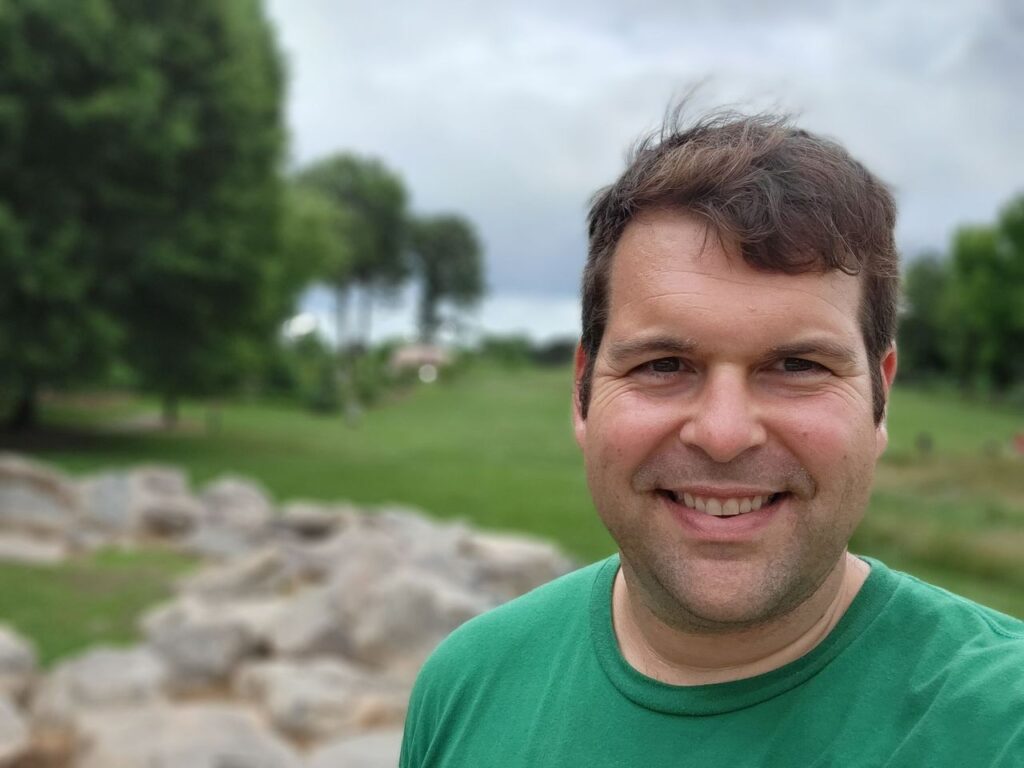
Tyler’s work develops statistical models for research studies in which there is very little data, or the data have been measured with error. His recent projects include estimating features of social networks (e.g. the degree of clustering or how central an individual is) using data from standard surveys, inferring a likely cause of death (when deaths happen outside of hospitals) using reports from surviving caretakers, and quantifying & communicating uncertainty in predictive models for global health policymakers. He holds a Ph.D. in Statistics from Columbia University and is the recipient of the NIH Director’s New Innovator Award, NIH Career Development (K01) Award, Army Research Office Young Investigator Program Award, and a Google Faculty Research Award. Currently, he is a Professor of Statistics and Sociology at the University of Washington, where he is also a core faculty member in the Center for Statistics and the Social Sciences and a Senior Data Science Fellow at the eScience Institute. During the 2019-2020 academic year Tyler was a Visiting Faculty Researcher at Google People+AI Research (PAIR). Tyler is the former Editor of the Journal of Computational and Graphical Statistics (JCGS) and a Fellow of the American Statistical Association. More information on Tyler’s work is here: https://thmccormick.github.io.
Ben Gurion University
Prof. Jacob Moran-Gilad
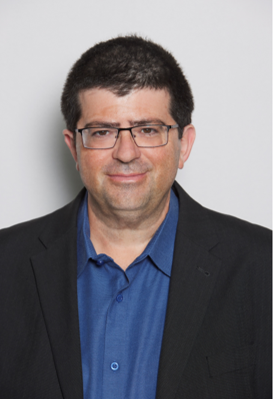
Prof. Jacob Moran-Gilad is a Medical Doctor specialised in Clinical Microbology and Public Health. He is a Full Professor at the Ben Gurion University of the Negev, Beer Sheva, Israel. His current research involves the development and validation of laboratory methods for diagnosis of infectious diseases with emphasis on molecular microbiology, microbial whole genome sequencing, microbiomics and metagenomics. He has a particular interest in One Health and zoonoses, antimicrobial resistance and disease surveillance. Prof. Moran-Gilad has published over 150 papers in high-quality journals and has been awarded numerous competitive grants. Prof. Moran-Gilad is a microbiology consultant to the Soroka University Medical Center (Beer Sheva) and also the Director of Clinical Microbiology at the Hadassah Medical Centers (Jerusalem). His lab provides the entire range of microbiology services to the Hadassah hospital network, including traditional, molecular, and genomic microbiology. Prof. Moran-Gilad hold several advisory roles at the national and international levels. He has been the Programme Director of ECCMID (now ESCMID Global), the world’s premier congress on microbiology and infectious diseases (>16K participants), since 2021.
Prof. Nadav Davidovitch
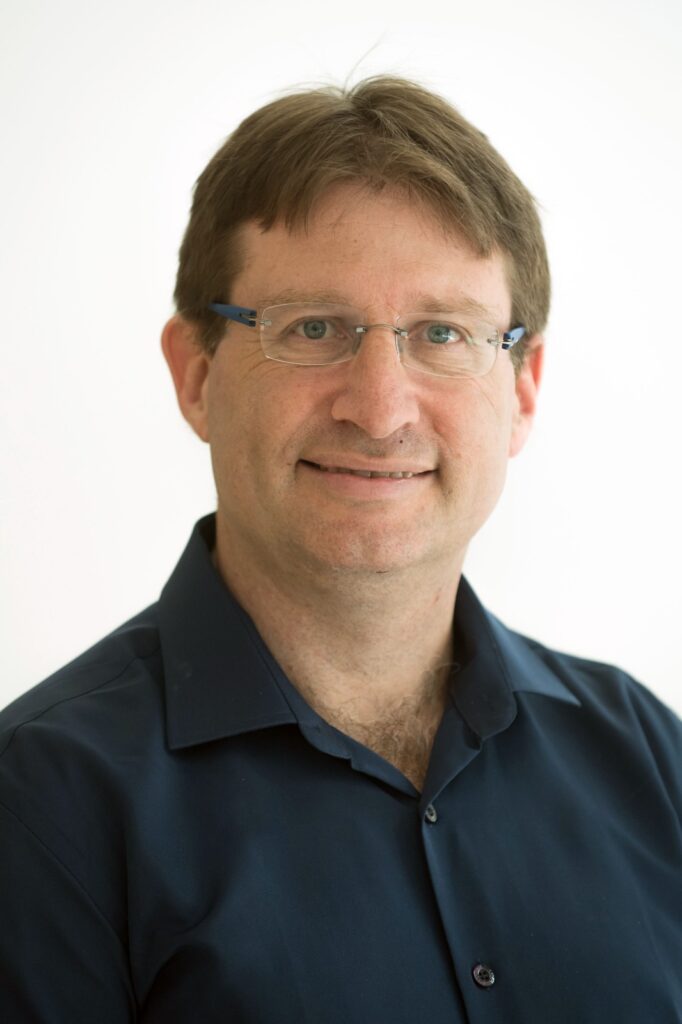
Prof. Nadav Davidovitch is an epidemiologist and public health physician and Head of Ben-Gurion University of the Negev’s School of Public Health. In the past, he has served as Chair of the Department of Health Systems Management at the University and the Center for Health Policy Research in the Negev.
In addition, Prof. Davidovitch is Chair of the Association of Public Health Physicians in Israel, the official Israel representative on the Executive Committee of the European Public Health Association, a member of various committees of the Israeli Ministry of Health including the cabinet of the “Magen Israel” program (a national program for fighting the coronavirus), and a member of various international committees including the Task Force on the Coronavirus of the European Association of the School of Public Health.
Prof. Davidovitch has authored a great many articles and books on the subject of public health, health policy, health economics, health systems management, ethics and sociology of health. Since the outbreak of COVID-19 in Israel, he has been involved in research and the formulation of health policy and has advised various agencies in Israel and abroad on the need to make structural changes in the health system, with an emphasis on social issues and addressing health gaps.
Dr. Anat Rosenthal
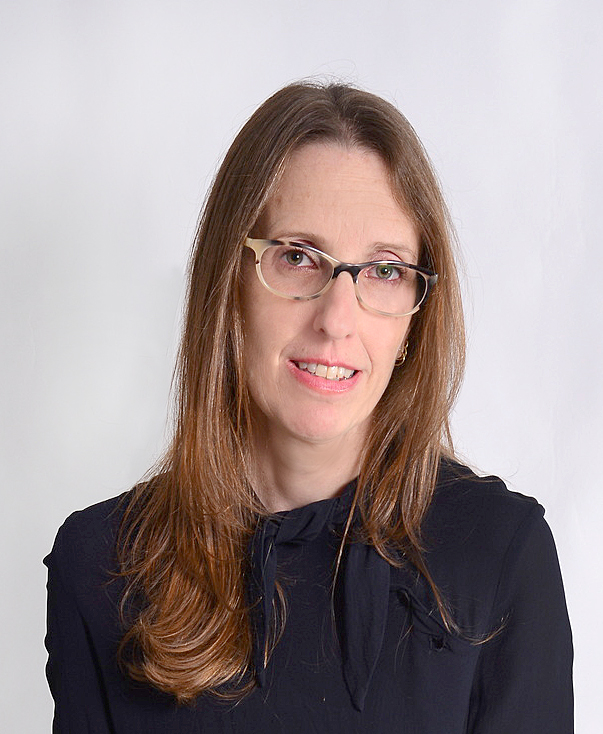
Dr. Anat Rosenthal is a medical anthropologists who studies health policy and healthcare services for infectious diseases in resource-limited health environments. Dr. Rosenthal’s research focuses on the intersection between human societies, the environment and health systems to improve health policy and health services.
Washington State University
Dr. Erin Clancey
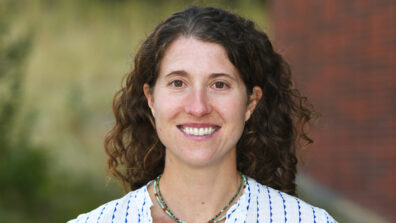
Dr. Clancey is a quantitative biologist whose research focuses on using mathematical and statistical models to understand and predict emerging infectious diseases. Dr. Clancey’s specific research interests include developing new computational and statistical tools to study epidemics in structured populations and zoonotic spillover at the wildlife-livestock-human interface.
Dr. Eric Lofgren
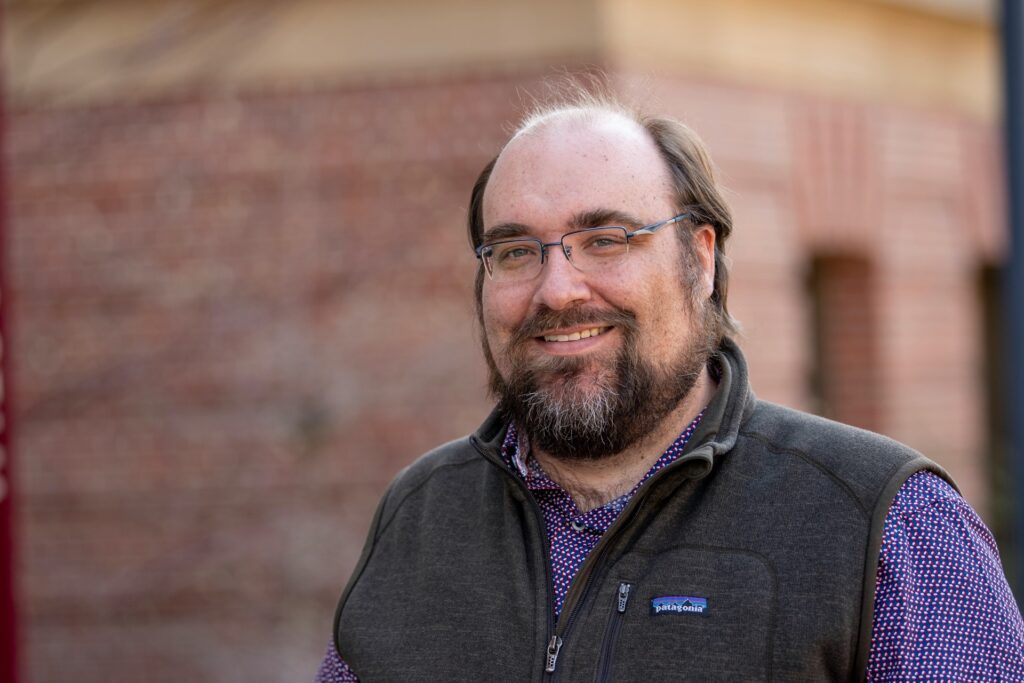
Dr. Eric Lofgren is an infectious disease epidemiologist who uses mathematical and statistical models to study emerging infectious diseases. Dr. Lofgren’s research particularly focuses on how social, political and economic factors shape how diseases are transmitted, and in developing models that are useful for clinical and policy-level decision making.
George Mason University
Prof. Amira Roess
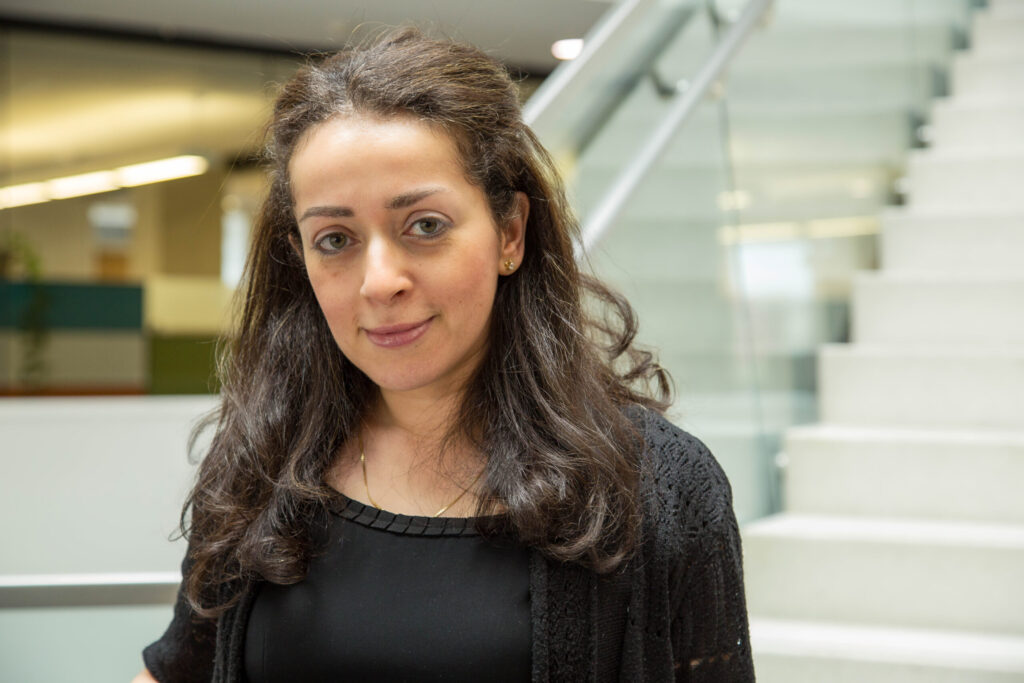
Prof. Roess works at George Mason University near Washington, D.C. She researches diseases that animals and humans share including MERS-CoV and campylobacter, globally. Her recent publications include the first serosurvey of many zoonotic diseases (Jordan), developing a One Health workforce (Egypt), the use of mobile devices such as mobile phones to boost surveillance and reduce health/breastfeeding disparities, and the impact of hurricanes on mortality and food aid.
